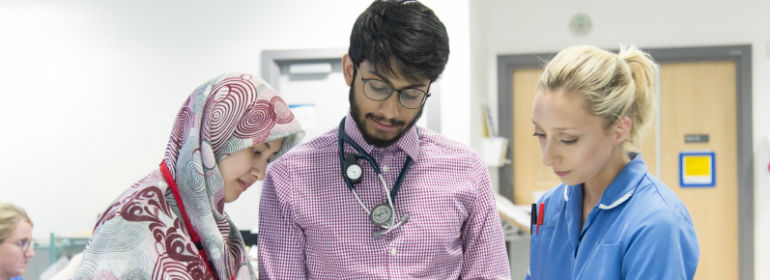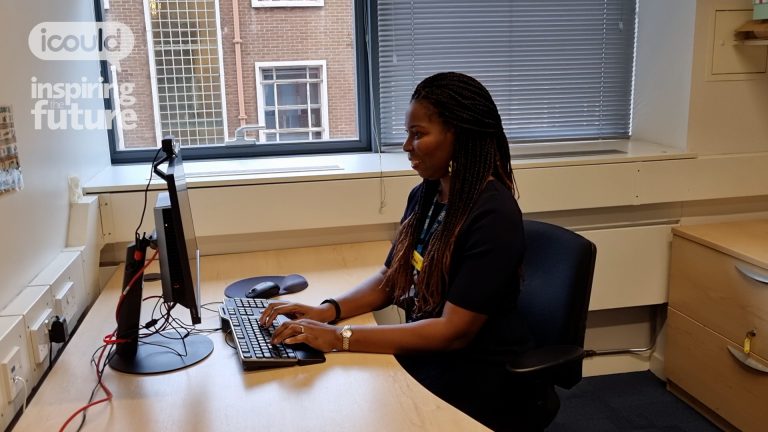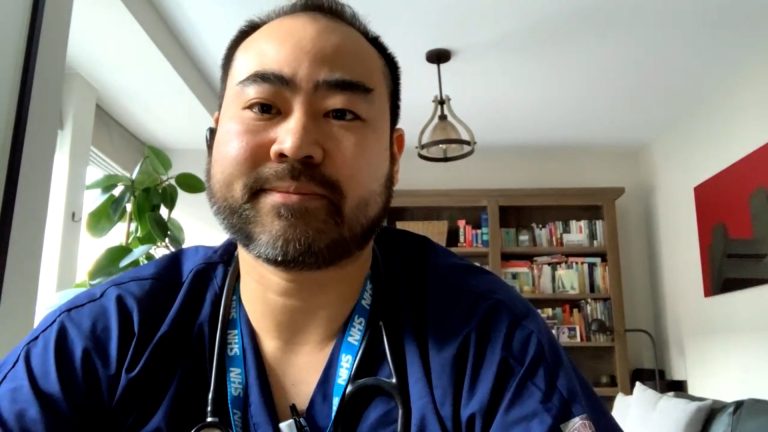
As the NHS turns 70, we take a look at some of the many career options the health service offers.
Think of the NHS and you think of the care it provides patients – or the services you or your family use. But have you ever thought about the NHS as a career option?
From a quick GP or dentist appointment, to life-saving emergency operations and treatment for serious illness, the NHS helps hundreds of thousands people every day. And it needs lots of people to make this happen. In fact, the NHS is one of the largest employers in the world, with over 1.3 million staff across 350 careers. So there are lots of career options and choice across entry levels, depending on your experience and skills.
Read on to discover more about NHS careers in medicine, office jobs and other positions available. Find out how to start working for the NHS and what opportunities are open to you.
How to start working for the NHS
There are two main types of role in the NHS. Roles which provide patient care are called clinical roles. These include doctors, nurses, midwifes and many more.
Roles which help the NHS to work and run smoothly are called non-clinical roles. Non-clinical roles include jobs such as plumbers, accountants and receptionists.
Some NHS jobs are familiar, but there are many more which you may not recognise or connect with the NHS.
These jobs are all part of the NHS (just click on the links to watch the videos):
- Senior medicalphotographer
- Occupational therapy assistant
- Carpenter
- Radiographer
- Assistant practitioner – neuropathology
- Project manager
- Learning disabilities nurse
- Communications officer
Or see more icould videos on NHS roles.
Jobs to suit you and your qualifications
You don’t need lots of qualifications to work for the NHS. There are lots of opportunities with no set entry requirements. For example,
- Newborn hearing screener – helps check the hearing of new-born babies
- Cardiographer – uses equipment to monitor patients’ hearts
- Phlebotomist – takes blood samples from patients
- Receptionist – books in patients to a health centre or hospital department
Many roles provide on-the-job training or the chance to gain further qualifications.
Some roles offer different levels of entry. For example, you could work in respiratory physiology (which looks at breathing systems) after your A-levels, or with a relevant degree, or after working as a registered clinical scientist.
And if you don’t like the idea of dealing with patients, there are many more roles behind the scenes. How about a career in healthcare science? You could work in areas such as clinical bioinformatics (looking at biological data), pathology (testing samples from patients) or medical engineering (making sure medical equipment is working properly). Again, there are different entry levels and opportunities available.
Find out more about NHS careers
There are lots of different ways you can find out more about NHS careers.
Step into the NHS is packed with ways to help you consider a career in health.
- Try the quick quiz to see which NHS careers could suit you
- Get an overview of different jobs with the handy career A-Z, plus details of GCSEs and other training or qualifications you’ll need
- There are also details about NHS apprenticeships
Health Careers is another site from the NHS which helps you discover more about different roles in health. Whether you’re in education, looking to change careers, or already working in health, it’s a great way to find out more. You can also contact an NHS advisor by phone or email if you’ve any questions.
The NHS Graduate Management Training Scheme helps train future NHS leaders for roles running the NHS. There are six different schemes including finance, policy and strategy, and health analysis. Other benefits include a good starting salary and locations across the country.
NHS Jobs is the place to search and apply for NHS jobs. You can find jobs that match your skills and register to receive job alerts by email.






